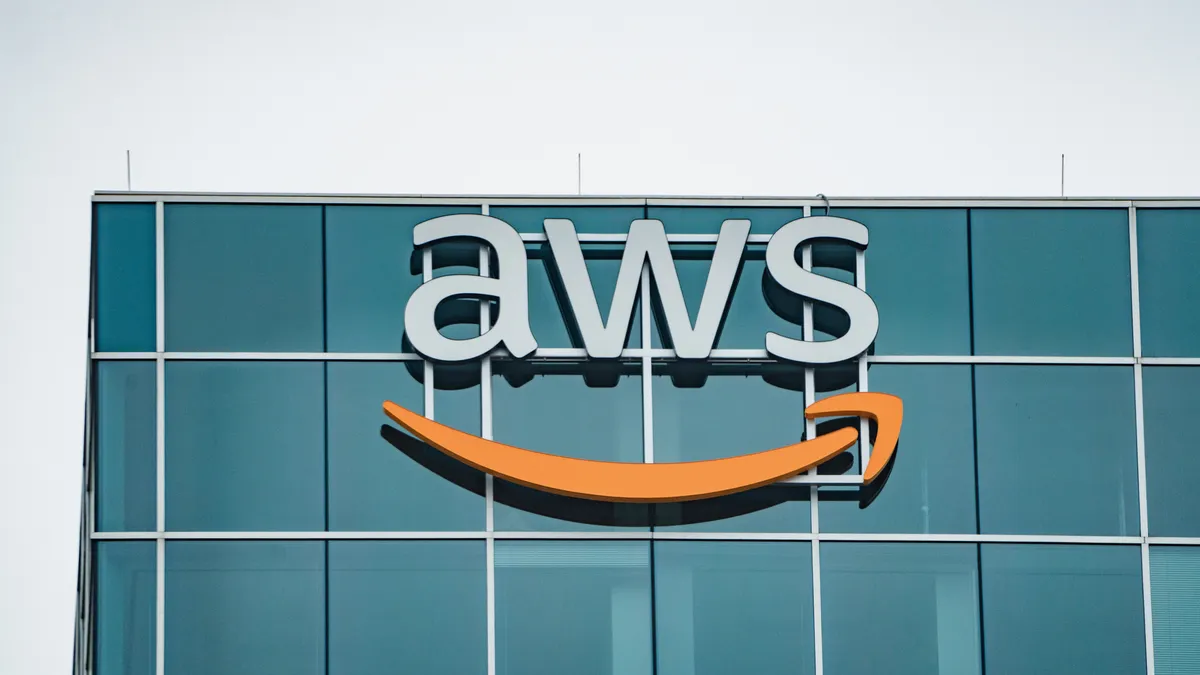George Mason University and Northern Virginia Community College (NOVA) were already working together when Amazon announced it would put its second headquarters in their backyard.
A few months before the announcement, the colleges had begun enrolling students in a new transfer pathway, called Advance. It built on an existing partnership that had moved around 3,000 students annually from the community college to the university. Advance strengthened the agreement, streamlining student support for admissions, financial aid and advising.
Around 100 degree programs are eligible for Advance. And one of the latest additions shows how colleges can build on existing relationships to meet employers' demand for tech talent while fulfilling their mission of expanding access to postsecondary education.
Although its second headquarters is new, Amazon has had a presence in the region — which is part of the Washington, D.C., metro area — for years, particularly through Amazon Web Services (AWS). During that time it has become a hot market for tech jobs, home to the largest concentration of data centers worldwide and a proliferation of government contractors and software companies.
Driving much of the demand for cloud-related jobs, AWS has taken a proactive approach to building its talent pipeline, partnering with community colleges in several states to integrate cloud computing in the curriculum through certificates and degrees. Colleges they work with say partnering with the vendor ensures the content stays current and provides access to tools needed for hands-on learning.
In 2018, NOVA added a cloud computing specialization developed with AWS to its associate of applied science degree in information systems technology.
For George Mason, it became a "natural decision" to build on NOVA's work and offer the third and fourth year of courses to students through Advance, said Liza Wilson Durant, a professor and associate dean for strategic initiatives and community engagement at the university.
In June, the trio announced they were offering a bachelor's degree in cloud computing. Students can start at NOVA and transfer to George Mason to finish the program.
"We're really reaching the population that we've committed to serve, which is students from all backgrounds and all socioeconomic experiences," Wilson Durant said. "So why not offer (cloud education) to them as well as to our students that elect to come to Mason as freshmen?"
Community colleges like NOVA, meanwhile, are focusing more attention on these types of relationships, which give students a roadmap for transferring to a four-year college or finishing their credentials in a timely manner.
Ken Eisner, director of worldwide education programs at AWS, sees community colleges as a "great flywheel" for their local communities and education broadly. He expects AWS will look more to four-year institutions as well.
"Students have to scaffold to higher levels of attainment, whether it's directly out of school or over time," he said. "We want to make sure that students have strong pathways both into and out of the workforce and into higher levels of learning and skill development."
For the cloud degree, AWS provided the instructional design support, frameworks for building out the curriculum, access to subject matter experts and use of its tools, Eisner said.
"We want to make sure that students have strong pathways both into and out of the workforce and into higher levels of learning and skill development."

Ken Eisner
Director of worldwide education programs, AWS
Wilson Durant noted that aligning the curriculum with NOVA at the outset saved time and helped ensure students could complete the program in four years. And while teaching a curriculum developed with a single vendor can have its limitations, she said instructors "will bring their own lens" to teach the subject matter. The desired learning outcomes, she added, "are agnostic of the platform."
Eisner expects the relationship to "grow and find arms." One example of that is the partnership announced this summer between NOVA and AWS to offer data intelligence training courses for U.S. Marines that also count toward an associate degree in information systems technology.
Chad Knights, NOVA's provost of information and engineering technologies, told Education Dive at the time that the agreement gave the school the freedom to innovate because they knew they'd be able to fill the seats.
Eisner also sees the potential to expand cloud education online through NOVA and George Mason and is encouraged by the access they provide to underserved students. "They serve as foundational institutions in helping us think about how to scale this across the entire commonwealth," he said.




 Read more
Read more




